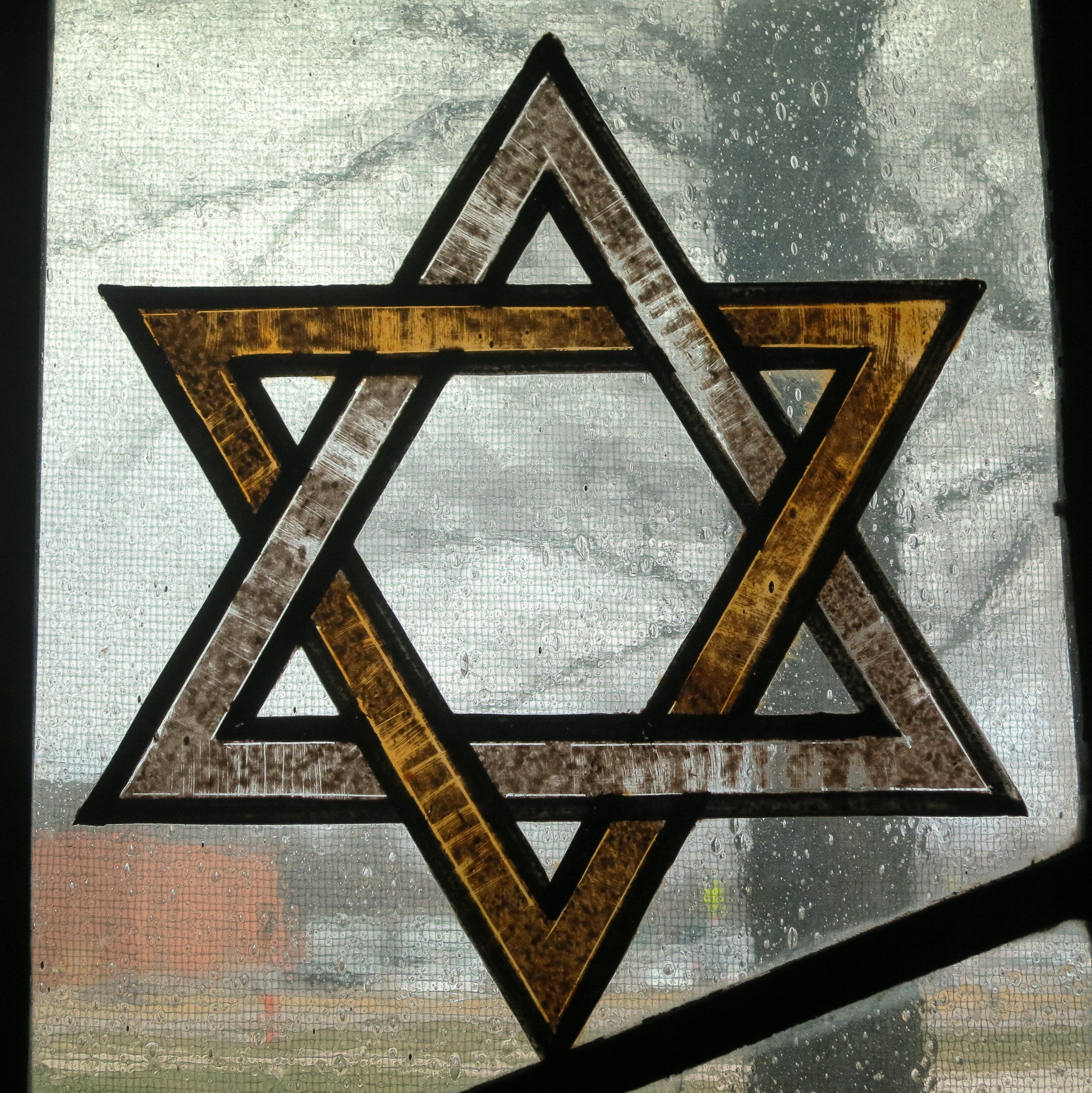 Photo from Wikimedia Commons.
Photo from Wikimedia Commons. Last week, I was kicked out of a Jewish museum in Granada, Spain.
I wish I were being funny or ironic, but this unfortunate event actually happened. It was my first Jewish stop on a trip tracing the roots of Sephardic Jewry throughout southern Spain, when a friend and I visited a small family-run museum that fills the bottom floor of the family’s home.
In accordance with the diminished Jewish presence that is a fact of modern Spain, Granada’s Jewish museum is small and modest. There are a handful of rooms cluttered with Jewish symbols and memorabilia, clearly curated out of love but not, evidently, with much scholarship.
My friend, a rabbi and published author, quickly noticed a significant error in the museum literature: It claimed that Yehuda Ibn Tibbon, one of Granada’s most famous former residents (a monument of him appears in a public square) had translated Maimonides’ “Guide for the Perplexed,” when in fact it was his son, Samuel Ibn Tibbon, who translated the work from Judeo-Arabic to Hebrew. My friend asked to speak to the museum owners and offered to help correct the error.
It certainly wasn’t the first time Jews have been at odds with one another.
Soon, a middle-aged woman and an older man descended the stairs and introduced themselves. Things went south quickly.
“You no respect museum. You get out of my house!” the woman yelled.
We tried to explain that we were deeply appreciative of the museum, but we simply wanted to help correct the error. But they wouldn’t hear it. None of us could really understand one another — I speak broken Spanish; the museum owners spoke broken English — and I’m sure the language barrier was responsible for the miscommunication that ensued.
But a language barrier does not explain what came out of the woman’s mouth next, which was very clear:
“You’re liberal,” she sneered at my friend, a Conservative rabbi who was wearing a kippah and tried to speak to her in Hebrew. “You’re Reform.”
I was raised in a Reform community, so I had never heard the word Reform uttered with such disdain.
“I’m Orthodox,” the woman said, stomping her foot.
Then she turned toward me, standing stunned and silent in gray jeans and a wool coat.
“Look how she’s dressed,” she sniped. “You’re liberal! You’re Reform!”
That’s when we headed for the exit.
Afterward, I wondered how the museum lady could possess such hostility toward liberal Jews when she devotes an entire wall to Jews like Sigmund Freud and Karl “Max” who I’m pretty sure were not as observant as she is.
A week later, I still can’t get this episode out of my mind. It wasn’t the first time I’ve been made to feel inferior for my status as a non-halachic liberal Jew, and it certainly wasn’t the first time Jews have been at odds with one another. The rabbis tell us that sinat hinam — “baseless hatred” among the Israelites — was the reason the Second Temple was destroyed. And although Maimonides commands tremendous reverence today, there were rabbis so disapproving of his “Guide for the Perplexed” when it was first published that the book was burned in Montpellier and Paris.
What I encountered last week wasn’t unprecedented, but it does reflect the dangerous and growing divide among Jews that is driven by political and ideological difference, and which has intensified during the Donald Trump era. Today, Jews of different persuasions are more likely to meet at the combustible intersection of religion and politics than around the Shabbat table. The idea of “am Yisra’el” seems almost quaint. And I fear we’re reaching an inflection point in the disruptive and demeaning way we relate to one another.
In Israel, the ongoing battle over who has the right to pray at the Kotel has driven a wedge between liberal American Jews and Israeli Prime Minister Benjamin Netanyahu’s government. Also, enduring tensions exist between secular Israelis and the Orthodox power structure.
More than any time in recent memory, our community seems perilously close to the atmosphere of sinat hinam that once wrought destruction and tragedy. On April 25 in Los Angeles, I’m moderating a panel for the Shalom Hartman Institute at a conference titled “Israel and Diaspora: Peoplehood in Crisis?”
I have a terrible feeling I know the answer.























 More news and opinions than at a Shabbat dinner, right in your inbox.
More news and opinions than at a Shabbat dinner, right in your inbox.